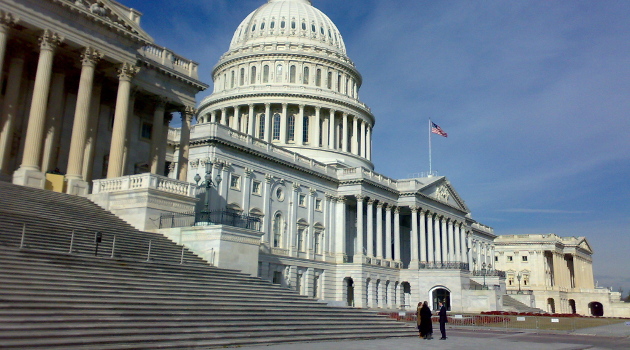My Democratic friends correctly argue that Republicans have a corruption problem and my GOP friends correctly argue that Democrats have a corruption problem.
I wish both sides would recognize that the real problem is big government.
As I wrote last year, “unethical people are naturally drawn to politics and unethical interest groups naturally seek to obtain unearned wealth (a process known as “rent seeking“).”
And I shared lots of examples.
- This is true for tax policy.
- And I mean very true for tax policy.
- This is true for trade policy.
- This is true for bailout policy.
- This is true for regulatory policy.
- This is true for spending policy.
- This is true for health policy.
- This is true for business policy.
- And it’s true for environment policy.
Today, let’s review some wise – and blunt – analysis from Steven Greenhut.
In an article for Reason, he connects the dots to show that the level of corruption is linked to the size and power of government.
Whenever some astounding corruption scandal explodes onto the front pages, the public is aghast and policymakers cobble together new reforms that promise to keep such outrages from occurring again. …Soon enough, however, we learn about new abuses—or some other scandal grabs the headlines. …corruption is inherent in a system where officials dole out public money and regulate almost everything we do. …The most corrupt nations are, of course, those where dictators, politburos, bureaucrats and security officials can do as they please—and where lowly citizens lack the right to free speech or due process. Our current government may be a far cry from the one the founders designed, but it attempts to limit government power, which is the main source of corruption. …corruption fundamentally is a problem of government power, as official actors use immense powers to help themselves and their allies. If we want less corruption, the solution is obvious: We need less government.
Amen. When government’s footprint is smaller, there’s less opportunity for graft.
The moral of the story is that Washington’s revolving door of legal corruption needs to be welded shut.
Thought that may be too much to hope for.
So maybe a more realistic goal is to simply not add more grease to the door so it spins even faster.
Perhaps we can learn from Estonia?
P.S. Today’s column focus on what small government is a good goal if we want less corruption, but don’t forget that there is also a very strong economic case for smaller government.
———
Image credit: Bjoertvedt | CC BY-SA 3.



